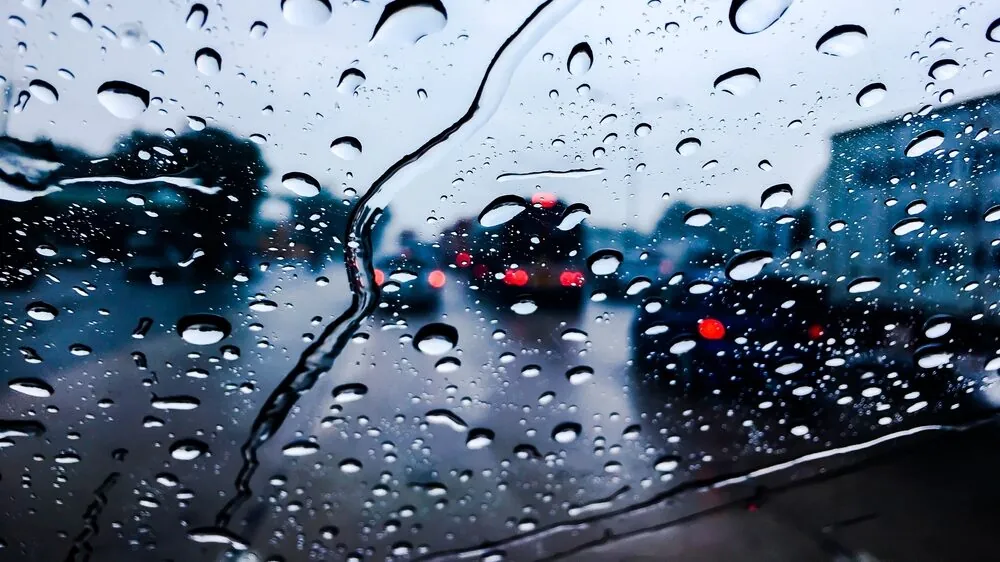The Dangers of Driving in Inclement Weather and How to Protect Yourself: A Comprehensive Guide

Driving is an activity that demands your full attention, proficiency, and judgment, even under the best conditions. However, when you introduce adverse weather conditions into the equation, the level of care required significantly escalates. From restricted visibility to slick road surfaces, inclement weather contributes to an alarming number of motor vehicle accidents annually.
If you’re a motorist, it’s crucial to understand how bad weather increases the likelihood of an accident. More importantly, you should know what precautions can minimize the risks. This comprehensive guide aims to help you navigate the complexities of driving in adverse conditions, particularly in the state of Florida.
Alarming Statistics on Weather-Related Car Accidents:
Approximately 21% of the nearly six million motor vehicle accidents occurring on U.S. roads each year are weather-related. These figures include adverse weather conditions like rain, fog, and strong winds, as well as hazardous road conditions caused by precipitation or flooding.
To put this in perspective, nearly 5,000 fatalities and over 400,000 injuries are reported each year due to weather-related car accidents. A whopping 70% of these accidents happen on wet pavement, and 46% occur during rainfall. Fog contributes to a comparatively lower percentage, at just about 3%.
How Adverse Weather Elevates the Risk of Car Accidents:
Various types of inclement weather—ranging from rain and hail to fog—can substantially impair a driver’s visibility. The reduced sight distance means less reaction time to road hazards or emergency situations. Precipitation not only makes roadways wet but also impacts the tire’s grip, resulting in longer stopping distances and an elevated risk of vehicular loss of control. Strong crosswinds can further complicate the driving experience, particularly for high-profile vehicles like SUVs and trucks.
Surprisingly, the surge in accident rates during bad weather often stems from drivers’ failure to adapt. A lack of adjustment in driving behaviors—such as not slowing down or not keeping a safe distance from other vehicles—can prove disastrous.
Best Practices for Driving Safely in Unfavorable Weather Conditions:
For those looking to mitigate risks, here are some guidelines:
- Slow Down: Lowering your speed during adverse weather conditions is critical.
- Use Hazard Lights: If you find yourself driving significantly below the speed limit due to heavy rainfall, use your hazard lights to alert other motorists.
- Avoid Standing Water: Never drive through puddles, as it risks hydroplaning and also impairs the visibility of drivers around you.
- Don’t Drive Through Floods: A seemingly small amount of water can incapacitate your vehicle.
- Maintain Distance: Keep a safe following distance to allow sufficient reaction time.
- Wear Polarized Sunglasses: These can be particularly helpful during sunshowers, which combine bright sunlight with rain, creating a unique driving challenge.
First Steps After a Weather-Related Accident:
If you find yourself in a weather-related accident, take the following immediate steps:
1. Check for Injuries: Assess your physical condition and check on the well-being of other involved parties.
2. Move to Safety: If possible, move the vehicles to the side of the road.
3. Contact Authorities: Call 911 to report the accident.
4. Document the Scene: Take pictures of the accident scene, the vehicles involved, and any road conditions that might have contributed to the accident.
5. Collect Witness Information: If there are witnesses, collect their contact information.
6. Contact Your Insurance Company: Report the incident to your insurance company.
7. Seek Legal Advice: Contact a personal injury attorney to understand your legal options.
When to Seek Legal Assistance:
If you or someone you know has been injured due to a weather-related car accident in Florida, delaying legal action can be costly. Medical expenses can pile up quickly, and insurance companies are not always cooperative. Consult an experienced personal injury attorney, such as Lawlor, White & Murphey, to safeguard your rights and help you secure the compensation you rightfully deserve.
Contact Lawlor, White & Murphey Today For a Confidential Consultation About Your Car Accident Claim
When life takes an unexpected turn due to a weather-related accident, you need more than just medical attention; you need reliable legal guidance to steer you through the complexities of Florida’s legal system. At Lawlor, White & Murphey, we’re not just attorneys; we’re your dedicated advocates committed to ensuring you receive the compensation you deserve.
Our seasoned team excels at handling a diverse range of car accidents, from fender benders in the rain to catastrophic collisions in fog or snow. Reach out to us for a complimentary, no-obligation consultation. Make the right choice; make it Lawlor, White & Murphey.
Disclaimer: This article serves informational purposes and is not a substitute for professional legal advice. For case-specific counsel, please contact our law firm directly.
The articles on this blog are for informative purposes only and are not a substitute for legal advice or an attorney-client relationship. If you are seeking legal advice, please contact our law firm directly.
